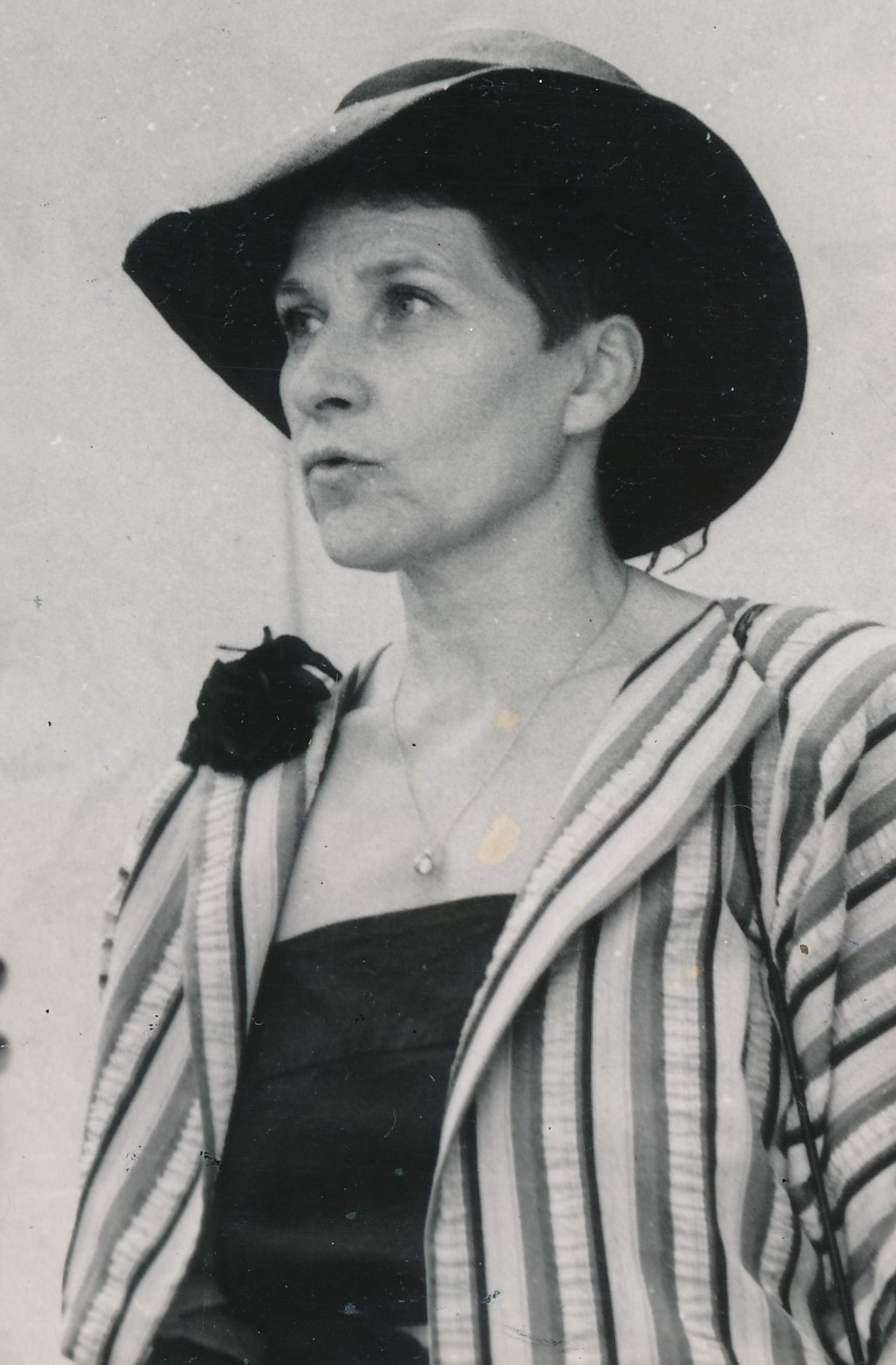The world feels like you‘re standing on quicksand

Stáhnout obrázek
Eva Císařová was born on 2 March 1940 in Žabokrky near Hronov to parents Jindřiška, née Hájková, and Jan Macha. Her father worked as an engineer in Žabokrky in the Mach and Fišer foundry, a company owned by a distant relative, Alfons Mach. She experienced the end of World War II in Hronov and the displacement of the German inhabitants. Even as a child she played theatre with her father. After the nationalisation of the company, her father set up a patent office, but he lost that too and worked in the coal mine in Malé Svatoňovice. In 1953 the family moved to Prague. Eva Císařová attended the eleven-year-old school on Strossmayer square, she was interested in acting and technology. In 1957, she decided to study at the Theatre Faculty of the Academy of Performing Arts (DAMU). Her year was led by Vítězslav Vejražka, and the teaching and performances were in keeping with the times. During her studies she met her future husband, director Gerik Císař, and they married in 1960. A year later their first son was born and Eva Císařová successfully graduated. She got an engagement in Most, but had to leave her son with her mother in Prague, while her husband worked in Příbram. After that, they both worked briefly in the theatre in Jihlava and in 1963 they moved to the theatre in Kladno. After the birth of their second son, she decided to end her acting career at the end of 1966, and in 1971 their daughter was born. Her husband stayed in Kladno until his retirement, although he faced censorship during the normalisation period, and produced a total of 99 productions. Eva Císařová worked at the cooperative of the disabled, at Čedok and at the Institute of Theory and Practice of Journalism at Charles University. The Velvet Revolution in 1989 exceeded their expectations and they welcomed creative freedom with enthusiasm. Until 1996 she was an editor at the music publishing house Panton, after which she helped her husband, who devoted himself to translation work until his death in 2022. Eva Císařová lived in 2024 in Černošice.
























